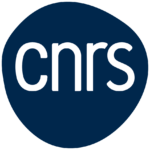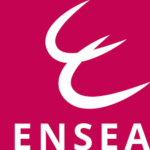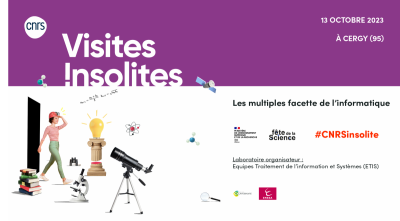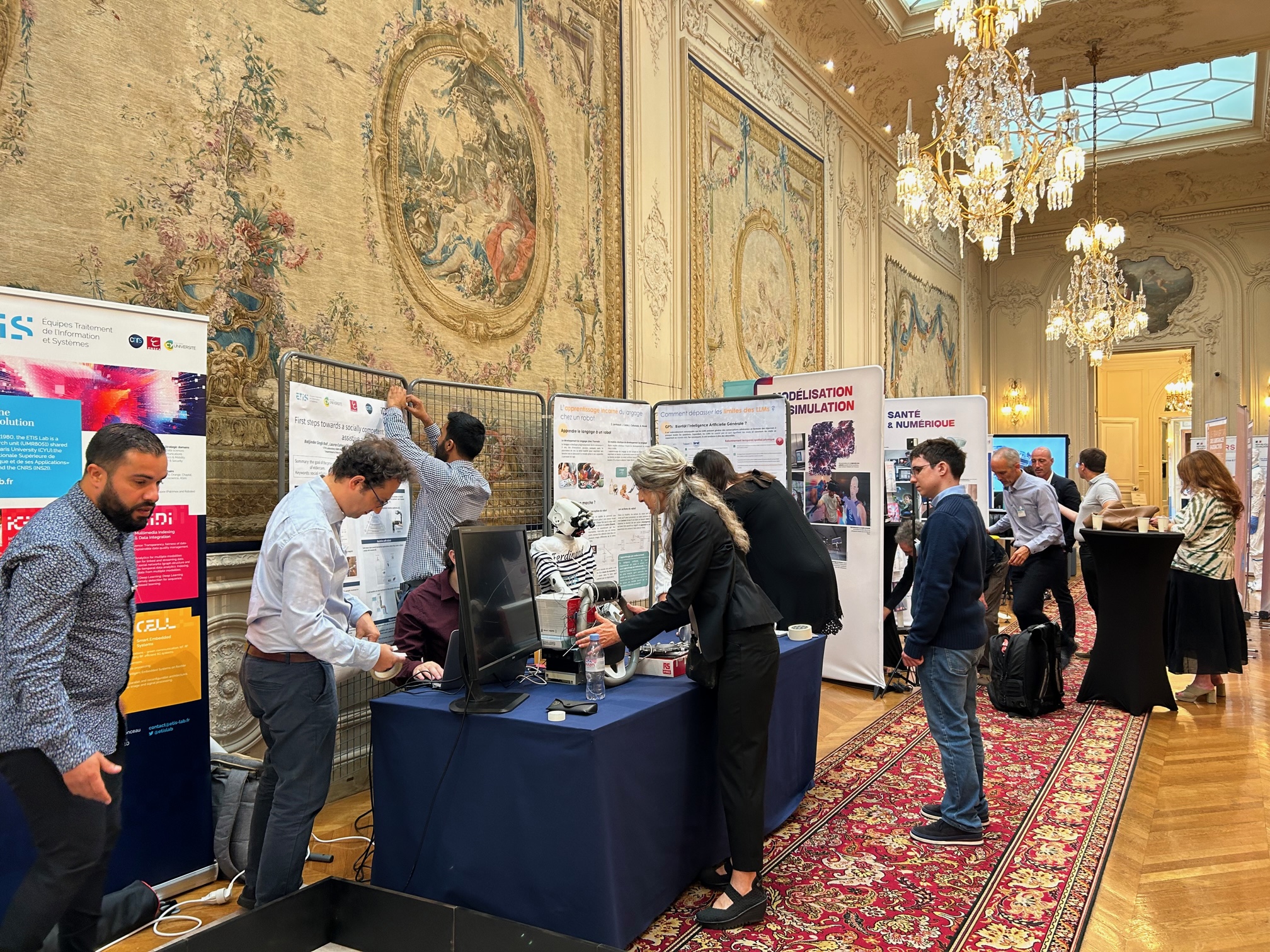News
Une délégation de l’Advanced Telecommunication Research Institute International (ART, Japon) conduite par Monsieur Hiroyuki Suzuki, Executive Vice-President de ART, a visité le laboratoire ETIS le 8 avril dernier. La délégation […]
The PANDORA project has been recently accepted for financing. PANDORA stands for PANDORA: ‘A Comprehensive Framework enabling the …
Camille Simon Chane a reçu le Prix « Des Femmes et des Sciences » 2023 de CY Alliance …
The ETIS ICI team is involved in 3 new “Horizon Europe” founded research projects. Horizon Europe SNS Stream …
Maria Malek, member of the MIDI team, participates in the organization board of the Joint event ACONTA / …
Le laboratoire ETIS participe à la fête de la science via les trois événements suivants. Visites insolites du …
Joffrey Becker member of the NEURO Team has published a new article on the website of the CNRS …
ETIS, avec l’Equipe Neurocybernétique, pilote le stand du CNRS sur le thème “Robotique” a l’exposition “L’OPECST, 40 ans …
Le lancement du PEPR 5G réseaux du futur aura lieu à Palaiseau du 10 au 12 juillet 2023. …
Alessandra Calvi (ph.D Eutopia student) and Dimitris Kotzinos, both members of the MIDI Team, has been chosen for …
- Arbor-TVB: a novel multi-scale co-simulation framework with a case study on neural-level seizure generation and whole-brain propagation
- Group-Robot Interaction in the Wild: An Exploratory Field Study in Semi-public Spaces
- Altered excitation-inhibition balance in the somatomotor and default mode network in multiple sclerosis
- La confiance dans l’IA : Un piège épistémologique ?
- AI-Driven Real-Time Security for 5G/6G Network Slices Using Adaptive SDN
- PlantSAM: An object detection‐driven segmentation pipeline for herbarium specimens
- Modeling Neural-Level Seizure Dynamics with Arbor-TVB: Whole-Brain Network Mechanisms and Intervention Strategies
- Place des SN possessifs dans les chaînes de référence : étude de corpus
- Siegel Neural Networks





